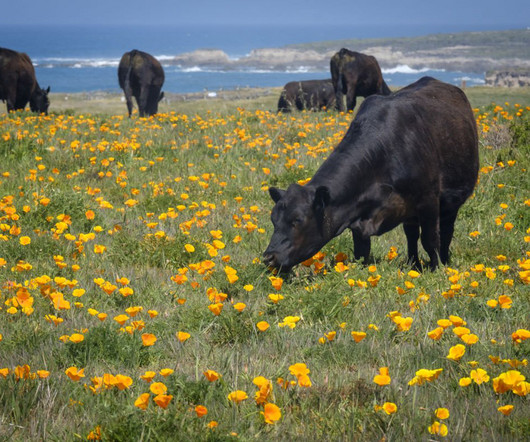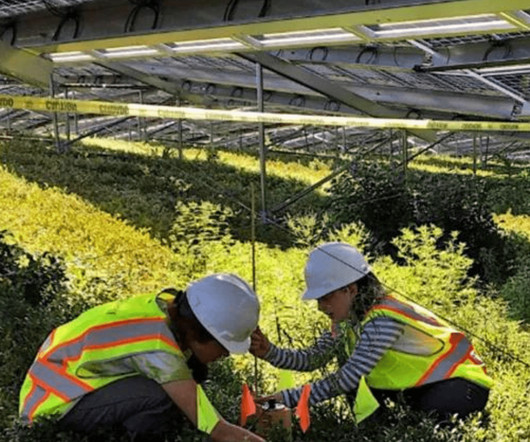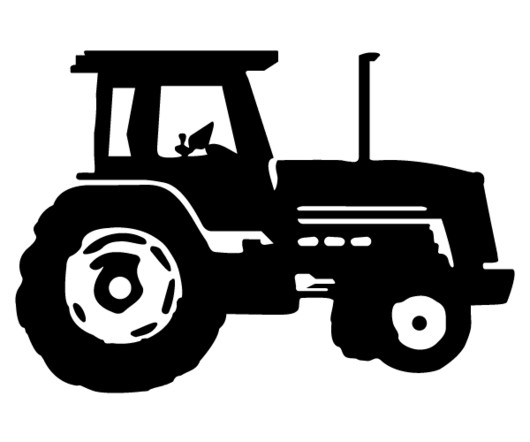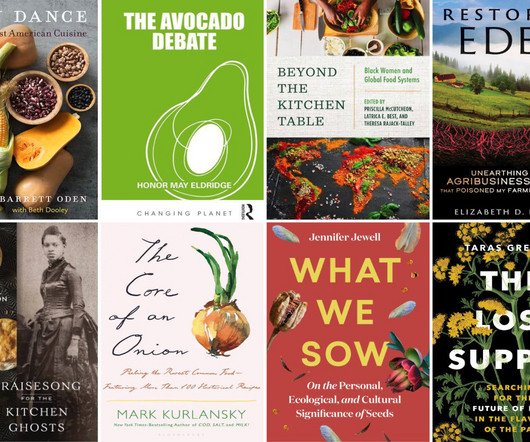Wild Nuts Are Making a Comeback in Southern Appalachia
Civil Eats
DECEMBER 19, 2023
Their shells are harder and thicker than those of the English walnut, the most common commercially cultivated species, and are difficult to separate from the kernel within. Foragers earn at least 20 cents per pound for black walnuts, with bonuses for higher volumes; the smaller and more finicky acorns can fetch up to $2 per pound.













Let's personalize your content